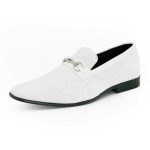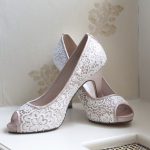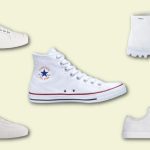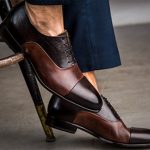Stay Safe And Compliant: Are Non-Slip Shoes Required In Restaurants? Discover Now!
Are Non Slip Shoes Required in Restaurants?
Greetings, Fashion Enthusiasts!
As Shoes Lovers, we understand the importance of finding the perfect pair of shoes that not only look stylish but also provide comfort and safety. When it comes to working in the restaurant industry, one question that often arises is whether non-slip shoes are required. In this article, we will explore the necessity of non-slip shoes in restaurants and why they are crucial for both employees and customers.
2 Picture Gallery: Stay Safe And Compliant: Are Non-Slip Shoes Required In Restaurants? Discover Now!
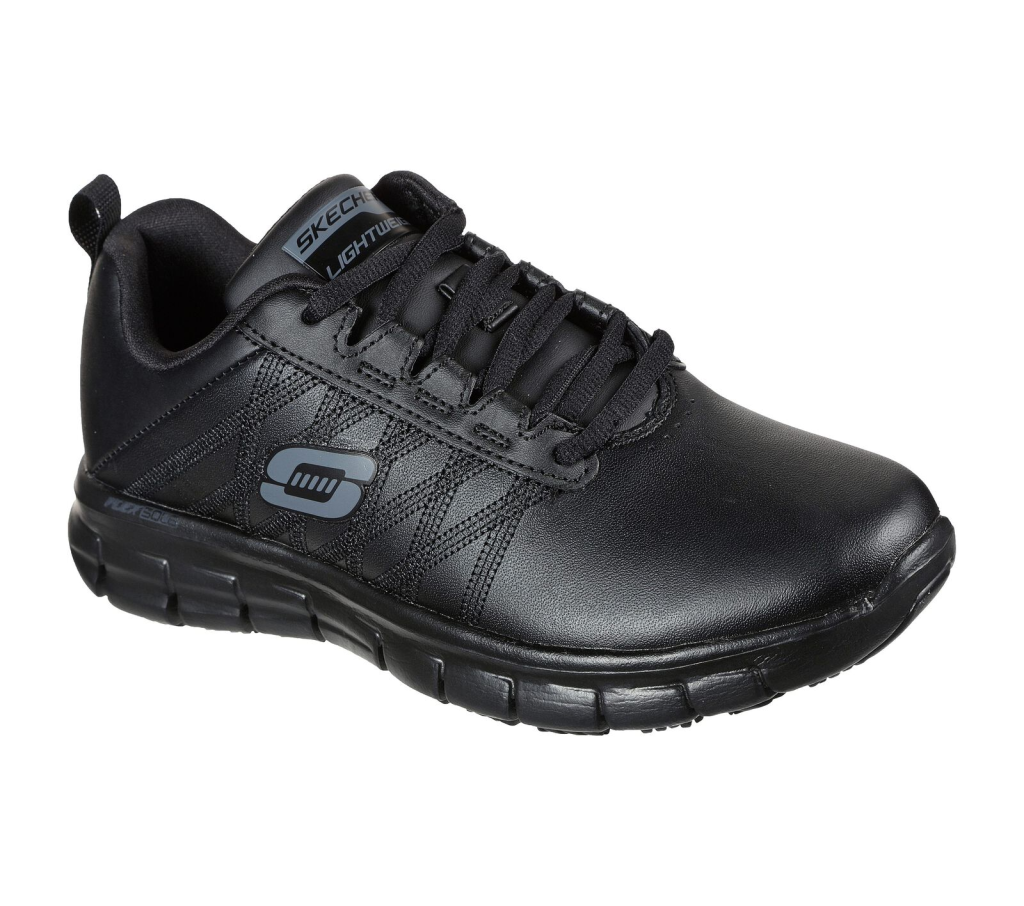
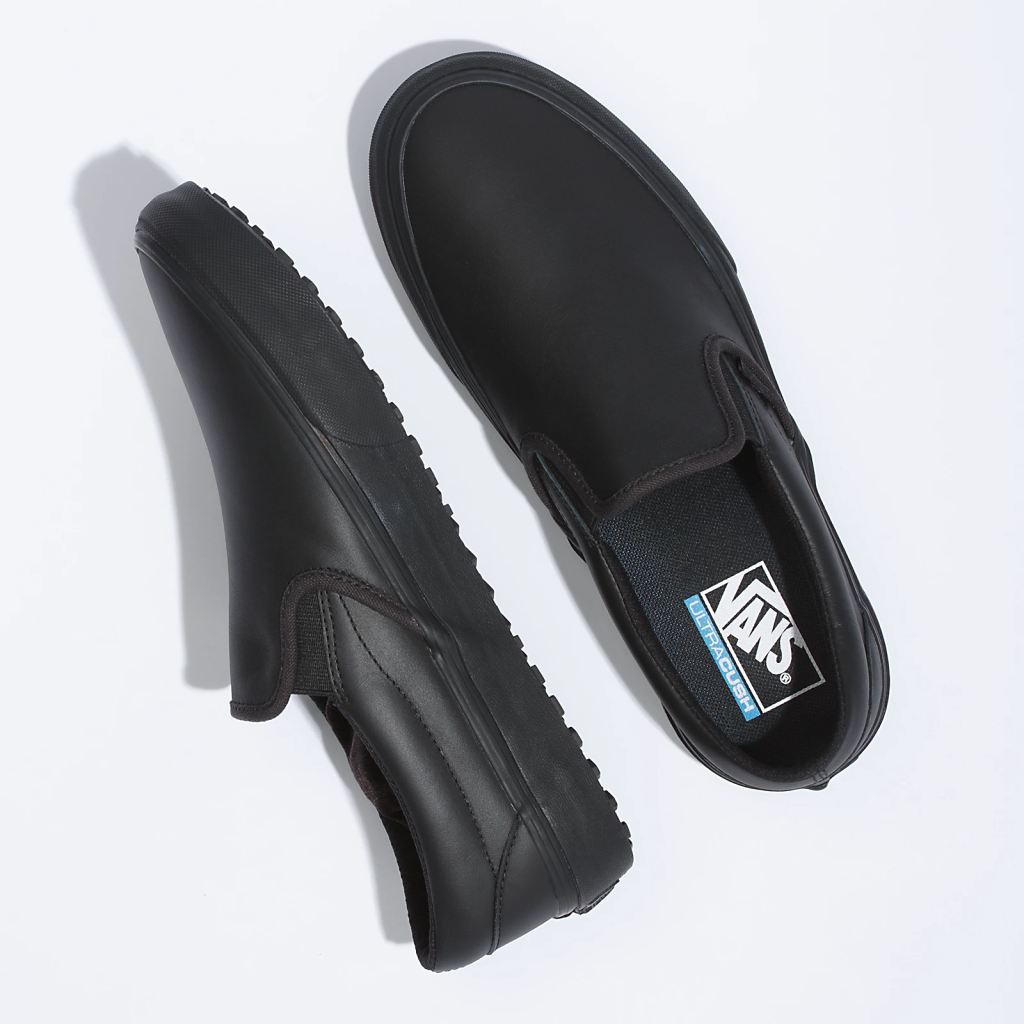
Introduction
1. What are non-slip shoes?

Image Source: website-files.com
Non-slip shoes, also known as slip-resistant shoes, are specially designed footwear that provides superior traction and grip on slippery surfaces. These shoes feature outsoles with unique patterns and materials that help prevent slips and falls.
2. Who needs to wear non-slip shoes in restaurants?
Non-slip shoes are typically required for restaurant employees who work in areas where the floor is prone to be wet or greasy, such as the kitchen, prep stations, and serving areas. However, it is recommended for everyone working in a restaurant environment to wear non-slip shoes for their own safety.

Image Source: website-files.com
3. When are non-slip shoes necessary?
Non-slip shoes are necessary whenever there is a risk of slipping or falling due to slippery surfaces. In restaurants, this can occur during food preparation, dishwashing, spills, or even when delivering food to tables. Therefore, wearing non-slip shoes at all times is essential to prevent accidents and injuries.
4. Where are non-slip shoes required in restaurants?
Non-slip shoes are required in various areas of the restaurant, including the kitchen, dining area, and restrooms. The kitchen is particularly prone to spills and greasy floors, making it crucial for kitchen staff to wear non-slip shoes. Additionally, servers and bussers should also wear them to ensure their safety while carrying trays or maneuvering through crowded spaces.
5. Why are non-slip shoes important in restaurants?
The main reason non-slip shoes are important in restaurants is to prevent slips, falls, and injuries. The restaurant industry can be fast-paced and hectic, with spills and wet surfaces being common occurrences. Wearing non-slip shoes significantly reduces the risk of accidents, promoting a safer working environment for employees and a better dining experience for customers.
6. How do non-slip shoes work?
Non-slip shoes work by utilizing specialized outsoles with tread patterns that increase friction and grip. These patterns are designed to channel liquids away from the sole, allowing the shoe to maintain contact with the floor. The materials used in non-slip shoes also provide additional slip-resistant properties, ensuring maximum traction on slippery surfaces.
Pros and Cons of Non-Slip Shoes in Restaurants
1. Advantages of wearing non-slip shoes:
✅ Increased safety for employees and customers
✅ Minimized risk of slips, falls, and injuries
✅ Compliance with workplace safety regulations
✅ Enhanced productivity and efficiency in the workplace
✅ Long-lasting durability and comfort
2. Disadvantages of wearing non-slip shoes:
❌ Limited style options compared to regular shoes
❌ Higher initial cost compared to non-slip shoe alternatives
❌ Requires time to adapt to the specific fit and feel of non-slip shoes
❌ May need frequent cleaning due to exposure to spills and liquids
❌ Potential discomfort for individuals with pre-existing foot conditions
Frequently Asked Questions (FAQ)
1. Are non-slip shoes required by law in restaurants?
Yes, in many countries, it is mandatory for restaurant employees to wear non-slip shoes to comply with workplace safety regulations.
2. Can I wear regular shoes with non-slip shoe covers instead?
While non-slip shoe covers can provide temporary slip resistance, they are not as effective as dedicated non-slip shoes. It is recommended to wear proper non-slip shoes for maximum safety.
3. Are non-slip shoes suitable for all types of restaurant floors?
Non-slip shoes are designed to provide traction on various surfaces, including tile, concrete, and vinyl. However, it is always advisable to check with your employer regarding the specific requirements for your workplace.
4. How often should I replace my non-slip shoes?
The lifespan of non-slip shoes depends on several factors, such as frequency of use and the working conditions. As a general guideline, it is recommended to replace them every 6-12 months or when the outsole loses its traction.
5. Can customers benefit from wearing non-slip shoes in restaurants?
While non-slip shoes are not mandatory for customers, they can provide an added layer of safety, especially in high-traffic areas or during inclement weather. It is always wise to choose footwear with good traction when dining out.
Conclusion
In conclusion, non-slip shoes are indeed required in restaurants for a good reason. They play a crucial role in preventing slips, falls, and injuries, ensuring the safety and well-being of both employees and customers. By investing in quality non-slip shoes, restaurant workers can create a safer and more efficient working environment. Similarly, customers can also contribute to their own safety by wearing footwear with slip-resistant properties. Remember, when it comes to navigating slippery surfaces, the right pair of shoes can make all the difference.
Stay safe and stylish!
Final Remarks
Disclaimer: The information provided in this article is for general informational purposes only and should not be considered as professional advice. Always consult with your employer or a qualified expert for specific safety guidelines and requirements in your workplace.
This post topic: Shoes
